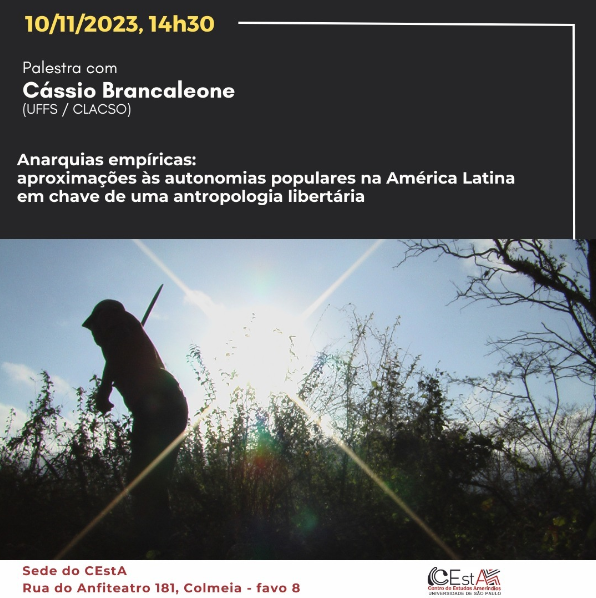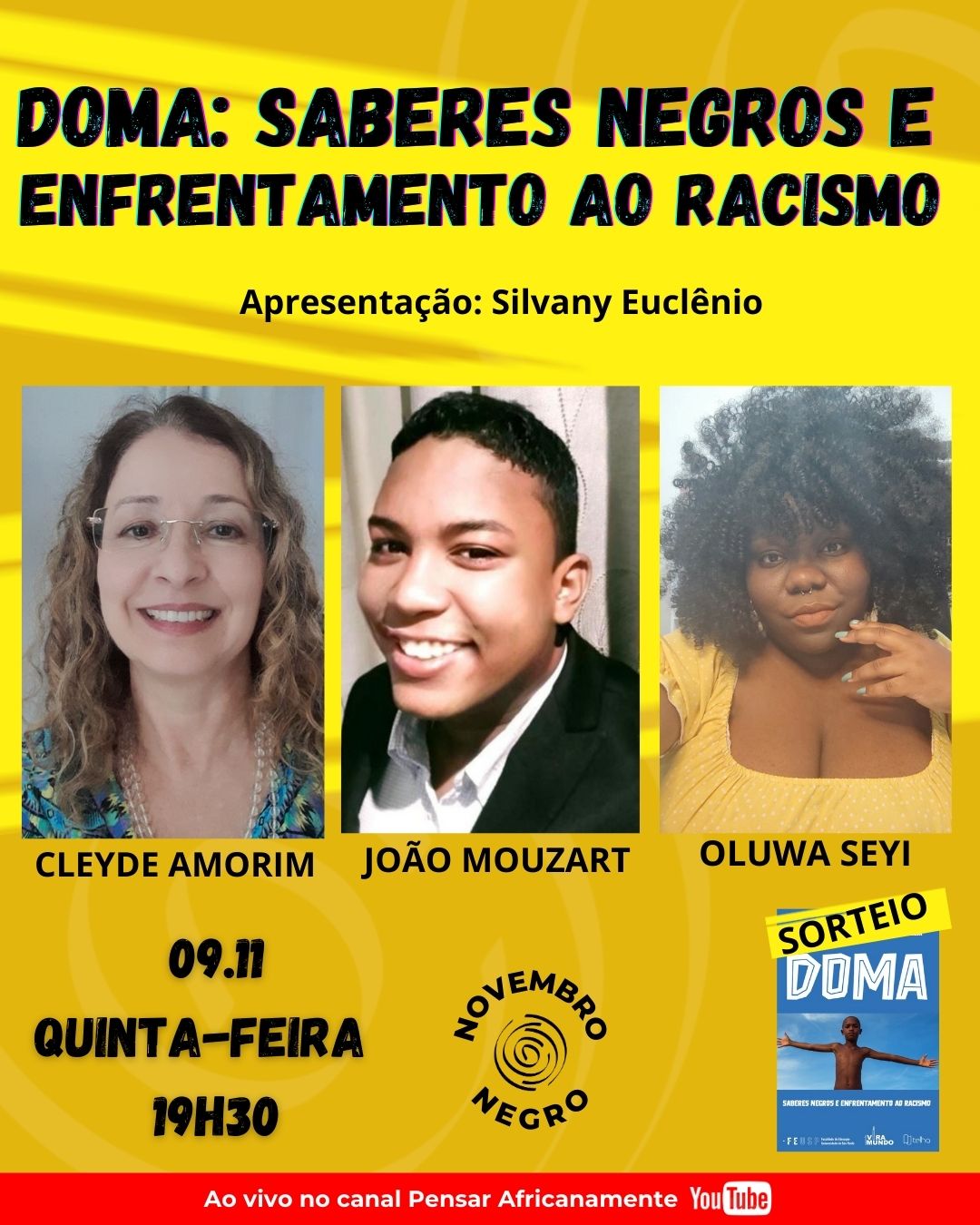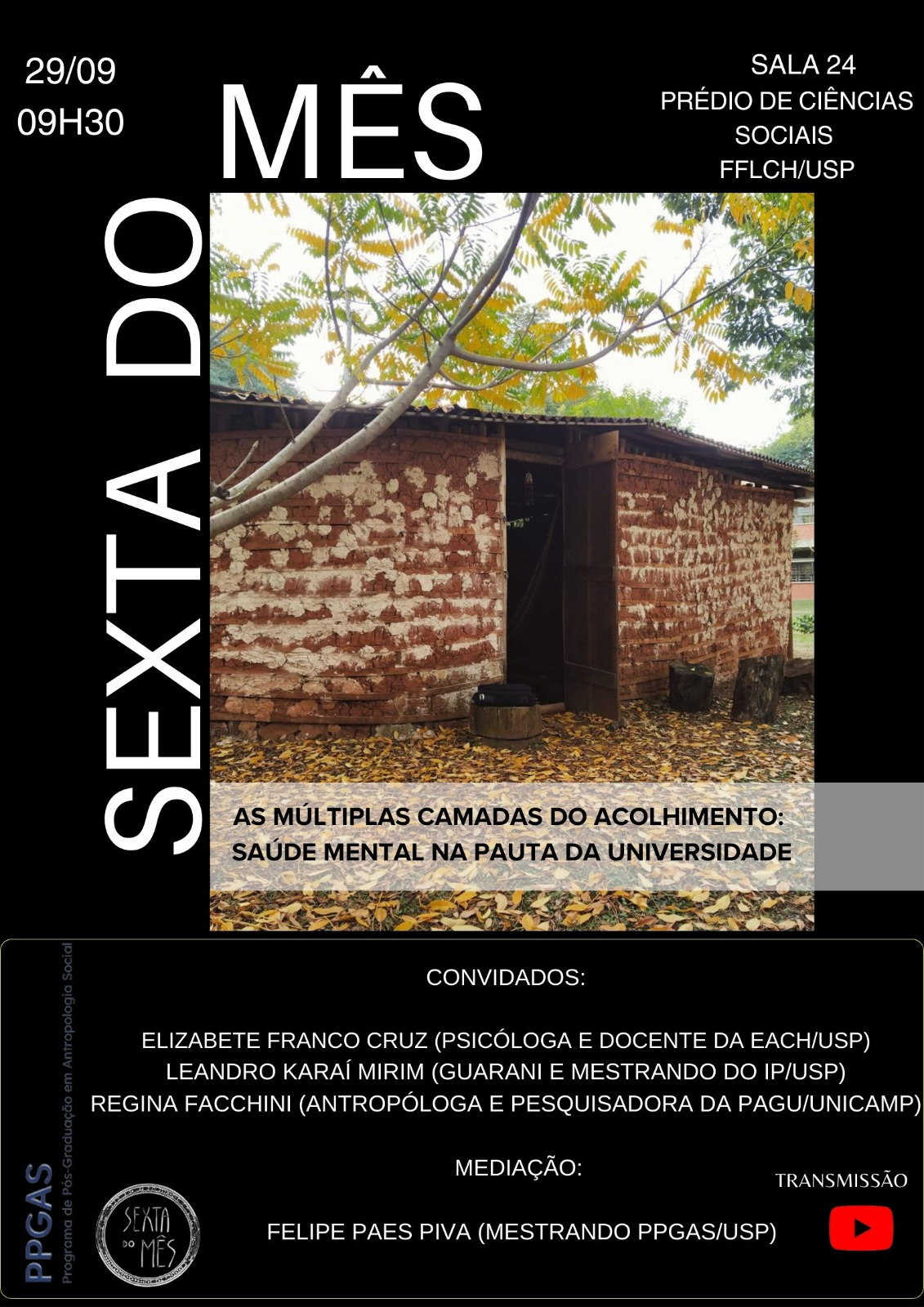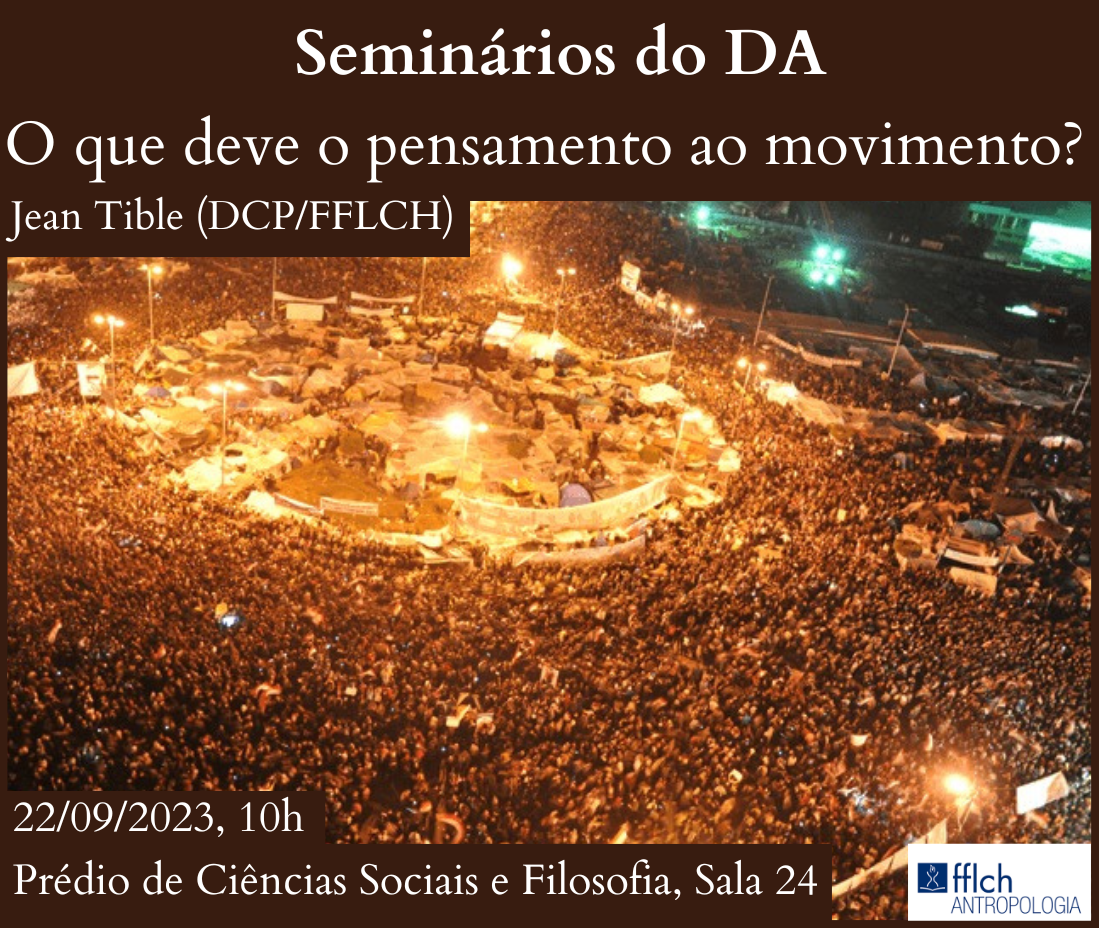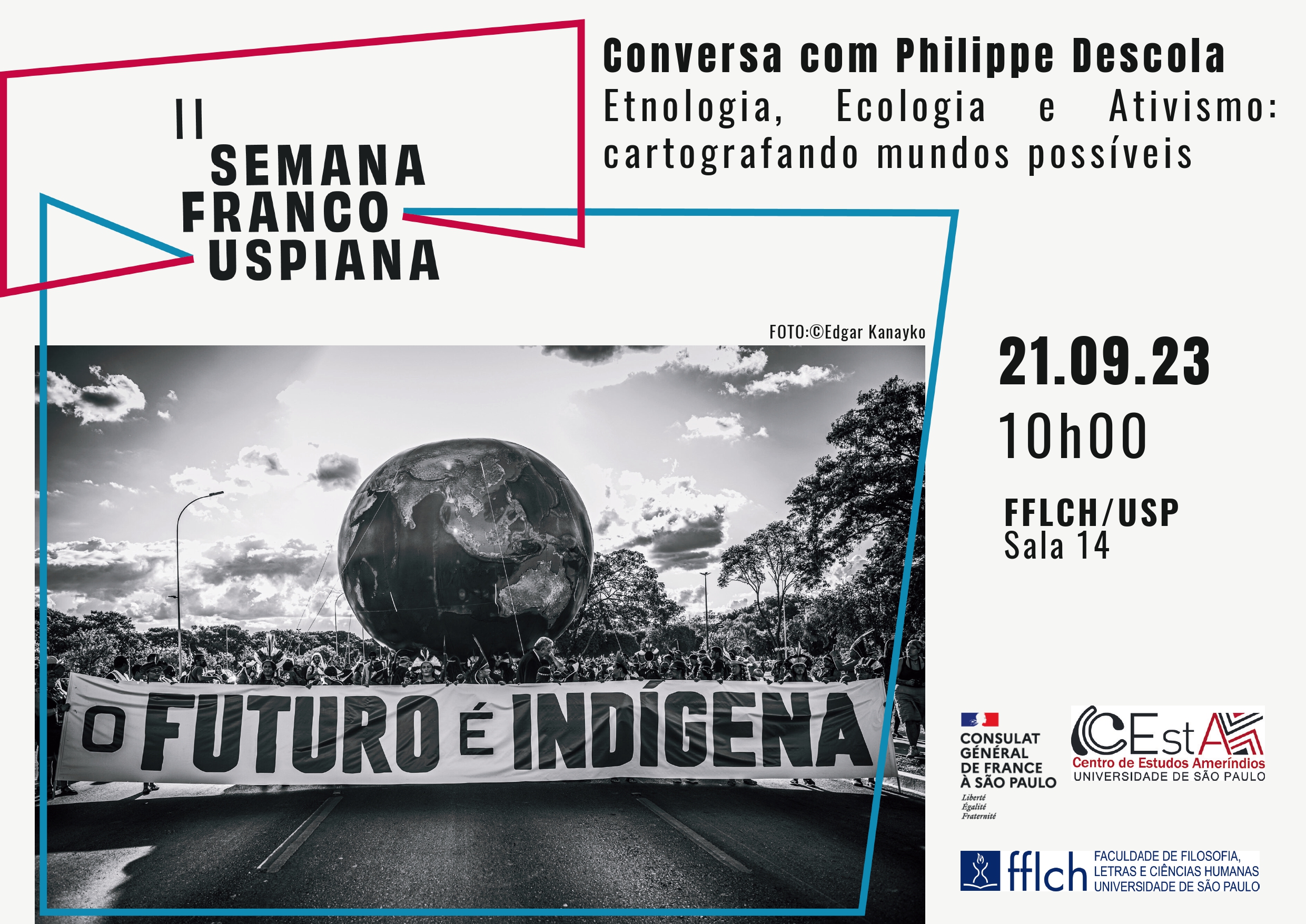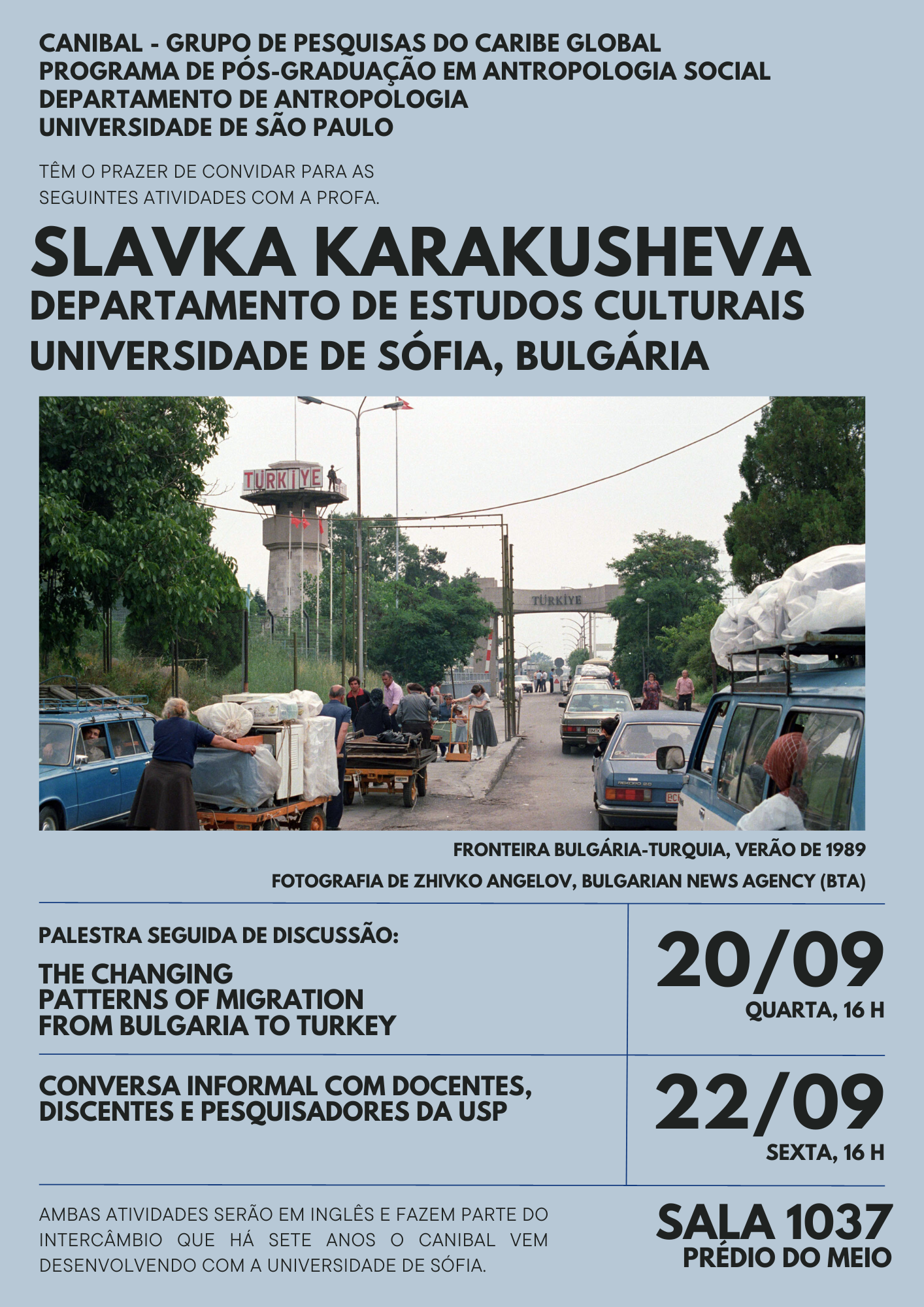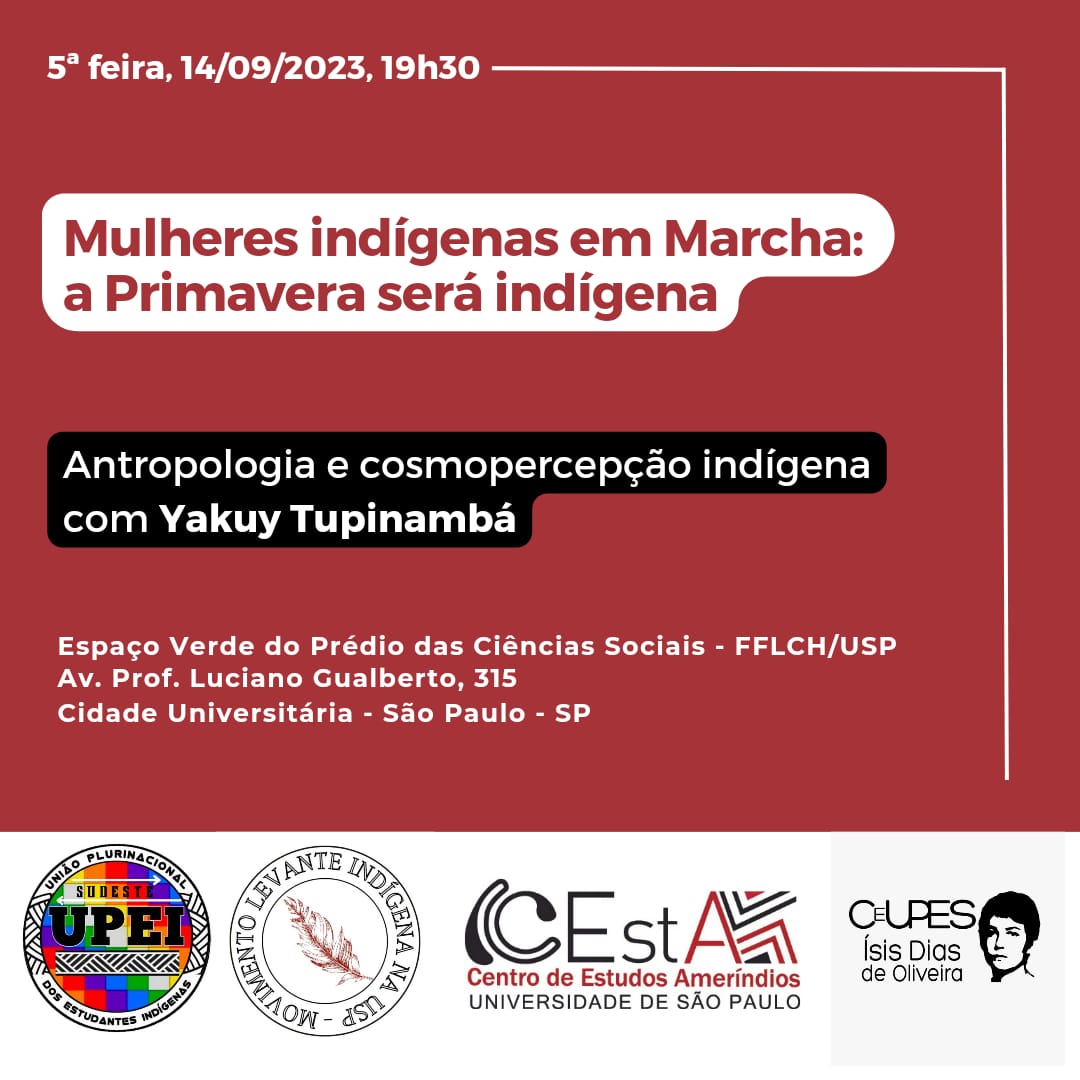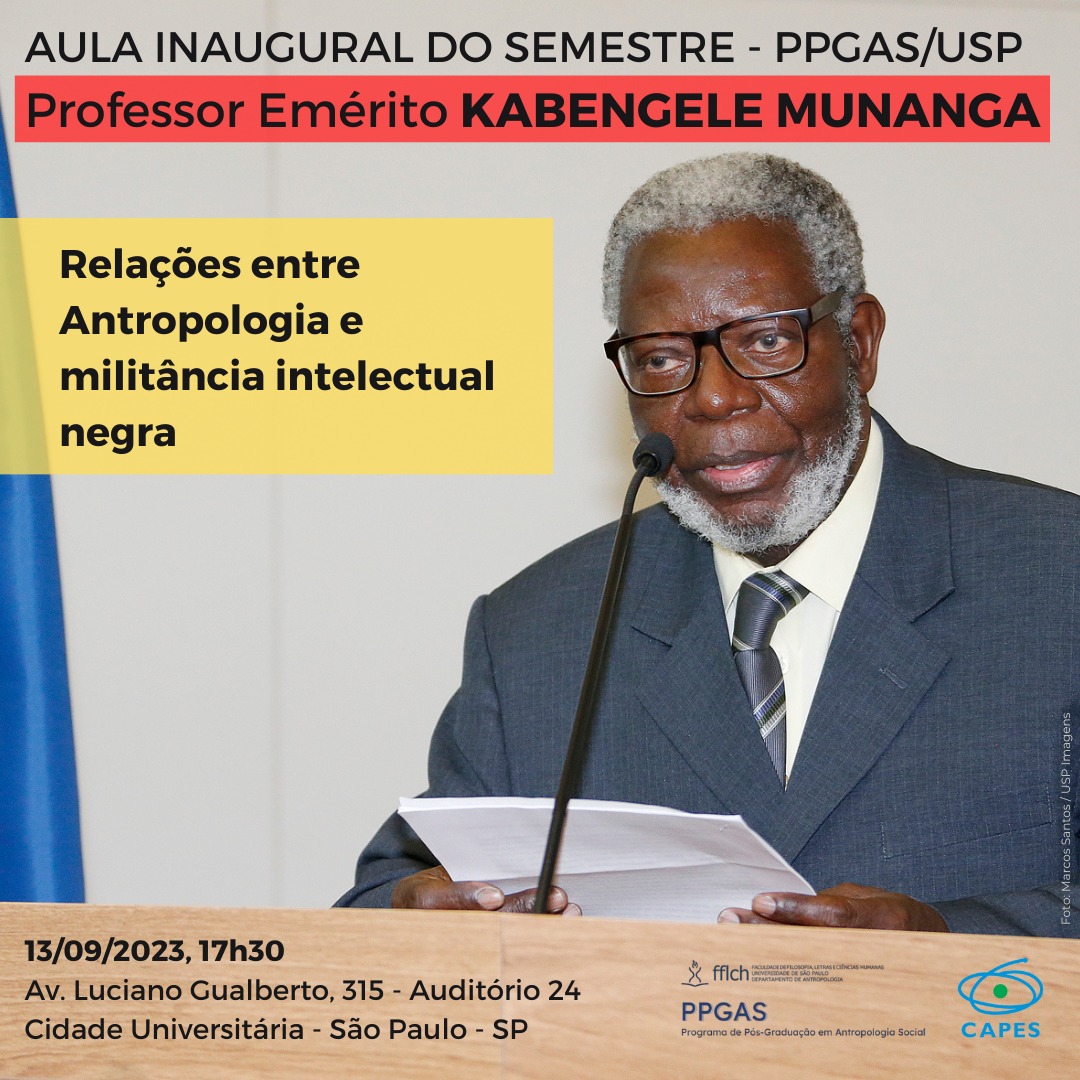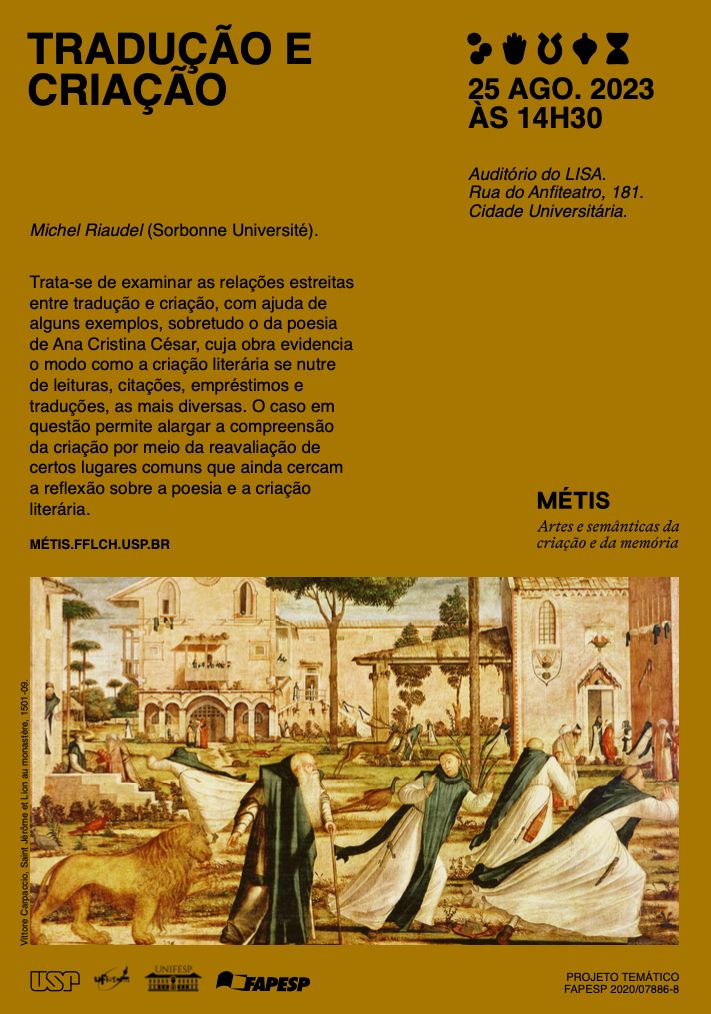Events
Lecture with Cássio Brancaleone
Professor at the Federal University of Fronteira Sul - UFFS
Researcher at the Latin American Councils of Social Sciences - CLACSO
Post-doctorate in Political Science at USP
11/10/2023 at 2:30 pm
CEstA Headquarters - Rua do Anfiteatro, 181 - Colmeia favo 8
Empirical anarchies: approaches to popular autonomies in Latin America in the light of a libertarian anthropology
Although reflection on non-state and non-capitalist forms of social life seems to be condemned to the ghetto of anarchist political imagination, we can find in the universe of anthropology a true ethnographic treasure and a world of analytical possibilities that go beyond anarchy as becoming. Starting from a review of a selection of anthropological literature dedicated to the description and analysis of phenomena of social self-organization that challenge the institutional logics and social representations typical of capitalist and state societies that can establish some points of contact between this field of studies and the theoretical repertoire of anarchism, we try to connect to a theoretical approach that is more sensitive to the approach of social experiences that are claimed under the social designation of “autonomies”, especially in the indigenous and popular Latin American field.
The 408-page book has 23 articles, divided into 4 parts, prepared by 24 authors: Alfredo Bello, Amanda Cristina Benedetti, Andréa Silva D'Amato, Arthur Henrique Nogueira Almeida, Carine Rossane Piassetta Xavier, Derick Alves Elois, Diógenes Braga Ramos, Elisabete da Silva Montesano, Erika Muniz da Cruz, Erineide Souza de Oliveira, Fabiana da Silva Soares, Felipe Gabriel de Castro Freire Oliveira, João Mouzart de Oliveira, José Batista Franco Junior, José Pedro da Silva Neto, Mafuane Silva de Oliveira, Maria Clara de Almeida Camargo, Oluwa Seyi Salles Brito, Renata Rodrigues da Silva, Rita de Cassia Mota Santos, Rita de Cássia Paulino, Samuel Dias Ribeiro, Simone Lima Azevedo, Telma das Graças de Araújo Souza.
The printed version by Editora Telha @editoratelha can be purchased here: https://editoratelha.com.br/
The online version via the Viramundo Collection of the Faculty of Education of USP can be accessed here: https://www.livrosabertos.
Service:
DOMA: BLACK KNOWLEDGE AND CONFRONTING RACISM
Day 11/09/2023 (Thursday) at 7:30 pm ONLINE
Com Prof. Cleyde Amorim, João Mouzart and Oluwa Seyi.
on Canal Pensar Africanamente
Link : https://www.youtube.com/
Friday of the Month: The multiple layers of reception: mental health on the university agenda
09/29 at 9:30 am in Room 24 of the Social Sciences Building at USP and also broadcast via Youtube.
Guests:
Regina Facchini (Anthropologist and researcher at PAGU/Unicamp)
Elizabete Franco Cruz (Psychologist and teacher at EACH)
Karaí Mirin (Guarani and master's student at IP-USP)
Mediation:
Felipe Paes Piva (Master's student at PPGAS-USP)
Health within the academic environment is a topic of fundamental importance for inclusion and retention policies in higher education. Upon entering university, freshmen experience a delicate process of institutional birth, now introduced to new circuits of sociability. Learning to inhabit these spaces, however, is not just limited to the initial moment of entry, but extends throughout the entire period of attachment. In this sense, it is understood that the construction of support networks must be a continuous demand on the part of all people who are part of this community.
Therefore, with the intention of debating how mental health affects the lives of students, teachers and technical-administrative employees, the Friday of the Month of September proposes a table on the collective production of care within public universities. Currently, in the context of a “post”-pandemic daily life strongly marked by the virtualization of human relationships, we propose to question the changes in the way illnesses are expressed. Furthermore, we seek to associate these discomforts with the combined markers of difference, in order to draw an expanded picture of social vulnerabilities and precarious conditions among the university public. The debate will not shy away from analyzing the role of affirmative action policies in promoting emotional acceptance, bringing into conversation the effects generated by institutional measures taken by each body or faculty, associating them with the more general public situation. In short, the notion of “mental health” that guides such policies will also be questioned, with the aim of shaping a perception regarding care that permeates the different spheres of existence.
DA Seminars: What does thought owe to the movement? - With Prof. Jean Tible - DCP/FFLCH
The Center for Amerindian Studies – CEstA/USP and the Consulate General of France in São Paulo invite you to:
Ethnology, ecology and activism: mapping possible worlds – Conversation with Philippe Descola (Collège de France, Laboratoire d'Anthropologie Sociale)
In this conversation, Philippe Descola will talk about his long-standing research into the relationship between the social world and the natural world – with an emphasis on his experience with the Achuar (Ecuadorian Amazon) – seeking a connection with the movement known as the Levante da Earth (Soulèvement de la Terre), which seeks, in present-day France, to compose other forms of coexistence with the planet and its inhabitants, which means establishing brakes on the predatory expansion of industrial capitalism and, consequently, on the destruction of the conditions of habitability. How can all of this help us think about the Brazilian case, with its land conflicts, its struggles for the recovery of indigenous and quilombola lands, its ecological agendas?
The event must take place mainly in Spanish.
The conversation will be mediated by professors Renato Sztutman (DA/USP, CEstA/USP) and Stelio Marras (IEB/USP and CEstA/USP).
On September 21st, at 10am, in room 14 of the Philosophy and Social Sciences Building at USP.
Suggested reading: The ecology of others (Chicago, Prickly Paradigm Press, 2013).
About connections with Soulèvement de la Terre:
https://www.youtube.com/watch?v=QQWTxwtC6N0
https://reporterre.net/Philippe- Descola-Darmanin-fait-de-la-vieille-politique-au-service-du-vieux-monde
Indigenous women on March: Spring will be indigenous
Anthropology and indigenous cosmoperception
With Yakuy Tupinambá
Green Space - Av. Prof. Luciano Gualberto, 315 - Cidade Universitária, São Paulo
Organization: UPEI (União Plurinacional de Eatudantes Indígenas), Movimento Levante Indígena na USP, CEstA, CEUPES
The VIII National Meeting of Anthropology of Law will be held from 08/28 to 09/01, 2023 in an online format.
In response to requests, the Organizing Committee of VIII Enadir communicates the extension, until 06/19/2023, the final date, of the deadline for sending work proposals (abstracts) to the 27 Working Groups planned for the event. Send your contribution!
Check the rules in item 5 of the Notice - https://enadir2023.
More information on the event blog at enadir2023.blogspot .com
Participate and share!
Cordial greetings,
Organizing Committee
VIII National Meeting of Anthropology of Law
enadir2023.blogspot.com
It is about examining the close relationships between translation and creation, with the help of some examples, especially the poetry of Ana Cristina César, whose work highlights the way in which literary creation is nourished by readings, quotations, borrowings and translations, the most miscellaneous. The case in question makes it possible to broaden the understanding of creation through the reassessment of certain commonplaces that still surround the reflection on poetry and literary creation.


